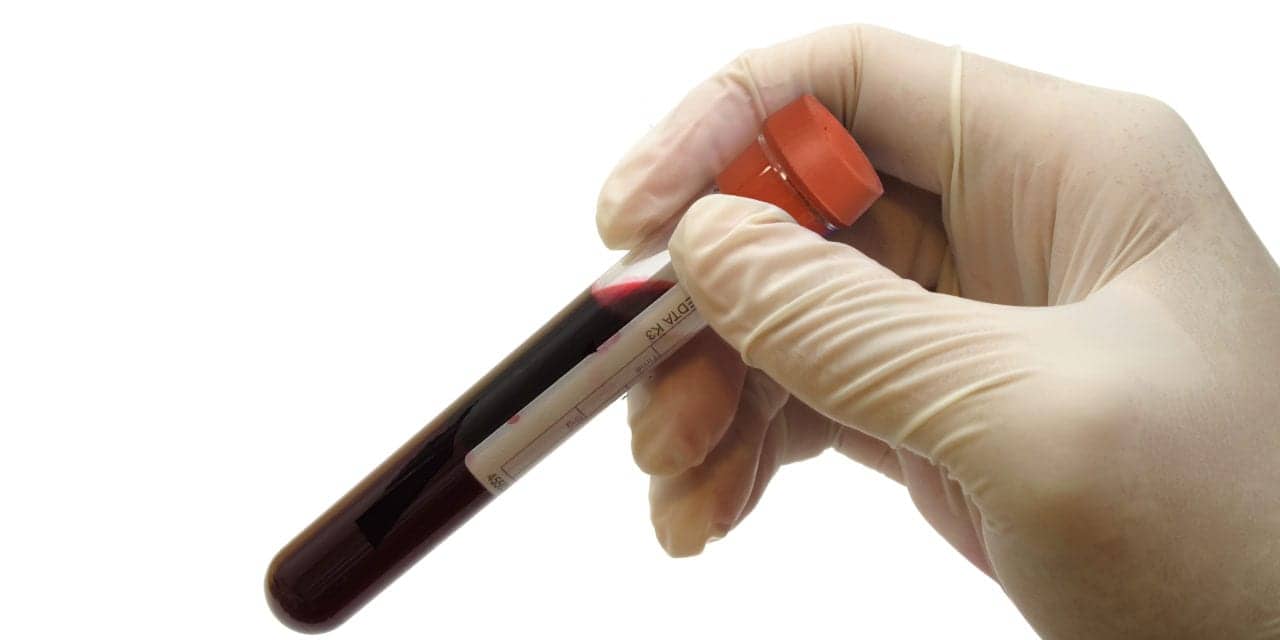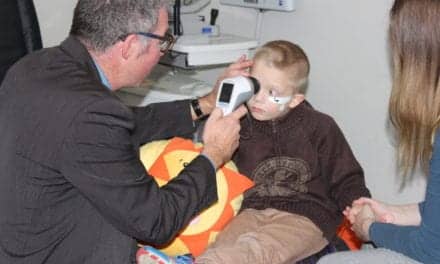Recently presented study data suggest that a blood-based test from Biodesix, Boulder, Colo, has the potential to detect pretreatment risk of anti-PD-1 immunotherapy resistance among patients diagnosed with non-small cell lung cancer (NSCLC).1,2
Biodesix’s primary immunotherapy resistance test demonstrated utility in classifying NSCLC patients treated with nivolumab by overall survival. The test classification is independent of PD-L1 status.
“Anti-PD-1 therapy is capable of restoring immunity and has greatly increased overall survival rates for patients. However, we know that this therapy does not benefit everyone,” says Egbert Smit, MD, PhD, a pulmonary oncologist at the Netherlands Cancer Institute and lead author of the study. “A test that can determine which patients will respond poorly to immunotherapy would greatly optimize treatment regimens.”
Immune checkpoint inhibitors have disrupted traditional cancer treatment and increased overall survival rates for many patients. Hyperprogressive disease (HPD) is a new and disastrous pattern of progression in some cancer patients treated with anti-PD-1/PD-L1 therapy. A recent study found that HPD is more common among advanced NSCLC patients treated with anti-PD-1/PD-L1 inhibitors, as compared to patients treated with chemotherapy.3
“These data show us that a liquid biopsy test for primary immunotherapy resistance could identify patients likely or unlikely to benefit from monotherapy,” says David Brunel, CEO of Biodesix. “We are working toward validating this test in a prospective study. Evaluation in front-line treatment with immunooncology combinations is already in progress.”
The Biodesix primary immunotherapy resistance test uses deep matrix-assisted laser desorption/ionization mass spectrometry to probe the circulating proteome in blood. In the recently presented study, the immunotherapy-resistant subgroup demonstrated increased activation in the complement, acute phase, extracellular matrix, and wound-healing biological pathways.
References
- Smit EF, Aerts JG, Muller M, et al. Prediction of primary resistance to anti-PD1 therapy (APD1) in second-line NSCLC [abstract 70P]. Poster presentation at the annual congress of the European Society for Medical Oncology, Munich, Germany, October 19–23, 2018. Ann Oncol. 2018;29(suppl 8):33; doi: 10.1093/annonc/mdy269.
- Smit E, Aerts J, Muller M, et al. Detection of primary immunotherapy resistance to PD-1 checkpoint inhibitors in 2nd-line NSCLC [poster, online]. Boulder, Colo: Biodesix, 2018. Available at: www.biodesix.com/wp-content/uploads/2018/10/detection-of-primary-immunotherapy-resistance-to-pd-1-checkpoint-inhibitors-in-2nd-line-nsclc.pdf. Accessed December 11, 2018.
- Ferrera R, Mezquita L, Texier M, et al. Hyperprogressive disease in patients with advanced non-small cell lung cancer treated with PD-1/PD-L1 inhibitors or with single-agent chemotherapy. JAMA Oncol. 2018;4(11):1543–1552; doi: 10.1001/jamaoncol.2018.3676.





